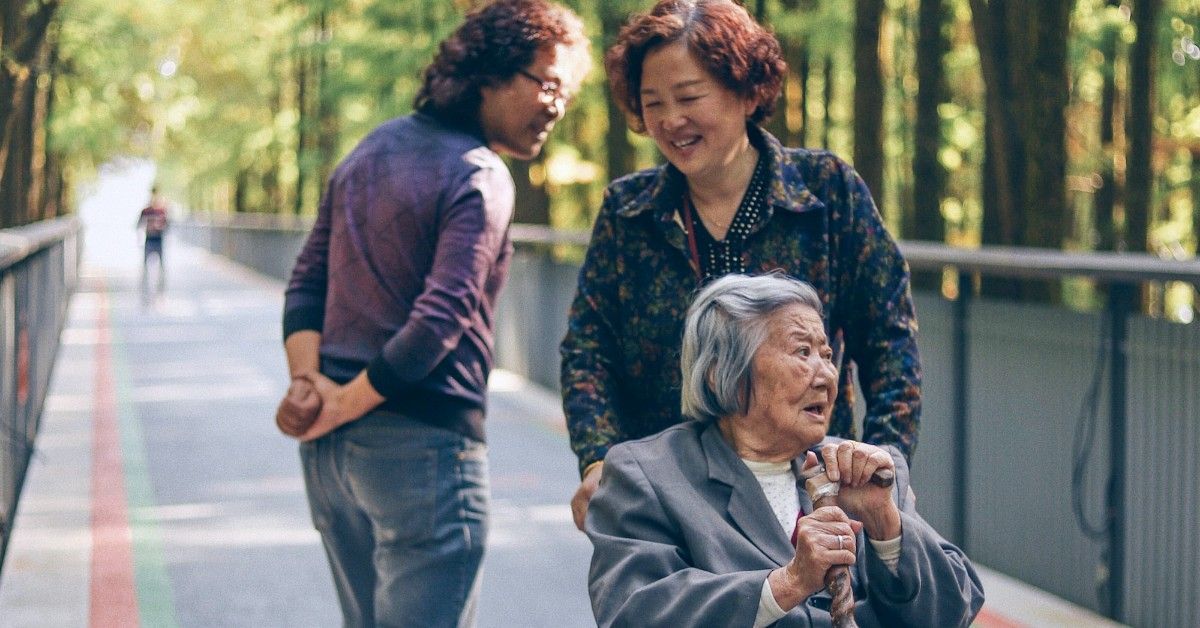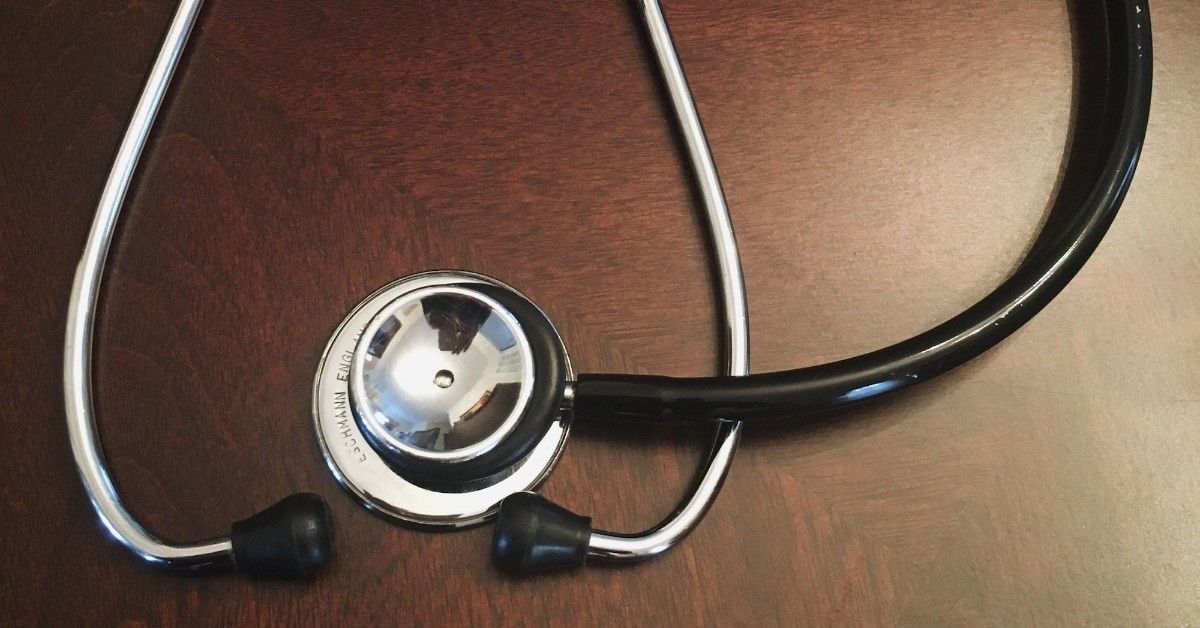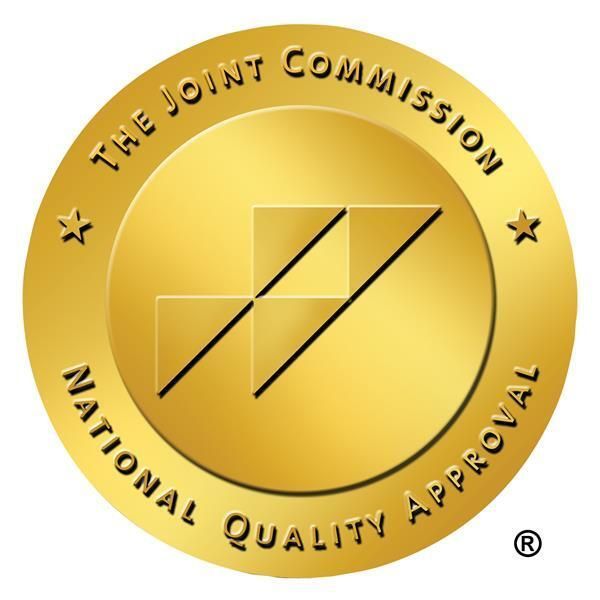7 Tips to Address a Senior's Sudden Weight Loss
- By Admin
- •
- 16 Mar, 2018
- •

A sudden change in your senior loved one's weight should always be cause for concern. Weight loss in seniors can often signify an underlying problem that requires a change in their care plan. You can use these tips to prevent malnutrition and help your loved one enjoy eating again.
1. Check for a Physical Cause
Your loved one's weight loss could be caused by changes in their health that affect their appetite or metabolism. For instance, certain medications include a change in appetite as a side effect. Alternatively, your loved one may have a health condition such as gum disease or tooth decay that makes it painful to eat.
To make sure that a physical health problem is not the cause of the weight loss, arrange for them to visit their doctor and dentist for a checkup. If a health issue is affecting their weight, then simple changes such as eating smaller meals more often might be necessary until they feel better.
2. Watch for Warning Signs of Malnutrition
Weight loss is one of the major warning signs of senior malnutrition, which means that you must be alert for other indications that your loved one is not getting enough vitamins or minerals in their diet.
Seniors who are suffering from malnutrition may experience slower healing or more frequent infections. Your loved one may also exhibit cognitive changes such as confusion or forgetfulness. Unexplainable fatigue, dizziness, and mouth sores are a few more signs of malnutrition that must be addressed by a physician.
3. Explore New Healthy Recipes
When your loved one's weight loss is caused by a lack of appetite, your primary goal should be to encourage them to eat. You should also make sure that every meal is packed with as much nutrition as possible.
Try to plan meals that include superfoods like avocados, whole grains, and cruciferous vegetables that help your loved one get proper nutrition. If your loved one's diet restricts flavoring agents such as salt and sugar, then use fresh herbs to help season their food.
4. Help Them Stock Their Pantry
Your loved one's sudden weight loss could also indicate that they are struggling with other aspects of their daily routine. For instance, difficulty driving or walking might be why they avoid grocery shopping. A senior with Alzheimer's disease may also forget to buy necessary ingredients.
Observe your loved one's current habits and peek into their pantry and refrigerator. If you find them empty or shelves of expired food, then arrange for companionship care services that include assistance with transportation and grocery shopping.
5. Provide Reminders for Meals and Snacks
Changes in your loved one's memory may cause them to forget when it’s time to eat. This is especially common for seniors who live alone. Help your loved one set up a schedule for regular meals along with snacks. Then, set alarms to alert your loved one when it is time for them to eat.
6. Address Mobility Challenges
Tasks such as cutting up food may frustrate older adults with Parkinson’s disease, arthritis, or other conditions that affect mobility. Help your loved one plan meals that are easier to eat. For example, they could try finger foods such as chicken strips or meatballs, which don’t require seniors manipulating utensils.
7. Provide Companionship During Mealtimes
Seniors who eat with a friend or family member are more likely to eat more of what is on their plate. You can also recruit a companion to help you watch for eating challenges that could interfere with your loved one's ability to maintain their weight.
At Alliance Home Care VNA, we provide companionship care services that address many of the most common senior eating challenges. Give us a call today so that we can help you develop a plan that gets your loved one's eating and weight management plan back on track.













